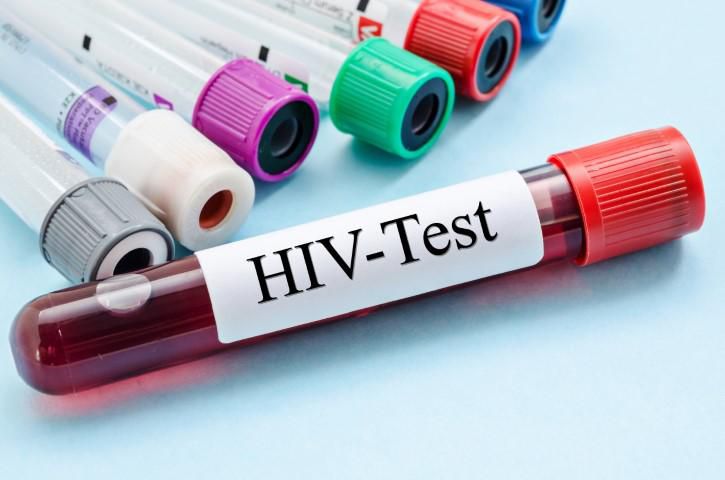August 5, 2025 — The National Biotechnology Research and Development Agency (NBRDA) has unveiled an ambitious plan to commence local production of insulin and antiretroviral (ARV) drugs within the next two years, as part of efforts to strengthen Nigeria’s healthcare sector and reduce dependence on imported pharmaceuticals.
Director-General of the agency, Professor Abdullahi Mustapha, disclosed the development during a briefing at the agency’s headquarters in Abuja. He noted that the agency is leveraging cutting-edge biotechnology to locally manufacture critical medicines used in the treatment of diabetes and HIV, both of which remain major public health concerns in Nigeria.
According to Professor Mustapha, the project is designed to improve affordability, accessibility, and availability of life-saving drugs for millions of Nigerians, while also promoting national self-sufficiency in pharmaceutical manufacturing.
“We have made significant progress in the research and development phase and are optimistic that, by 2027, Nigeria will begin the indigenous production of insulin and HIV drugs,” Mustapha stated. “This move will not only save foreign exchange but also create jobs and position Nigeria as a leader in pharmaceutical biotechnology across West Africa.”
The Director-General also confirmed that NBRDA is collaborating with key stakeholders, including the Federal Ministry of Health, the National Agency for Food and Drug Administration and Control (NAFDAC), and international biotech partners to ensure the success and standardization of the initiative.
Healthcare experts and civil society organisations have applauded the plan, stressing that local production could help eliminate the recurrent shortages and inflated costs often associated with imported medicines. Nigeria is currently estimated to have over 3.6 million people living with HIV and over 4 million diagnosed with diabetes, with many relying on daily medications for survival.
The agency reiterated its commitment to delivering innovative, science-driven solutions that address Nigeria’s health, agriculture, and environmental challenges. The insulin and ARV production plan is expected to become a cornerstone project under the country’s broader health industrialization strategy.


